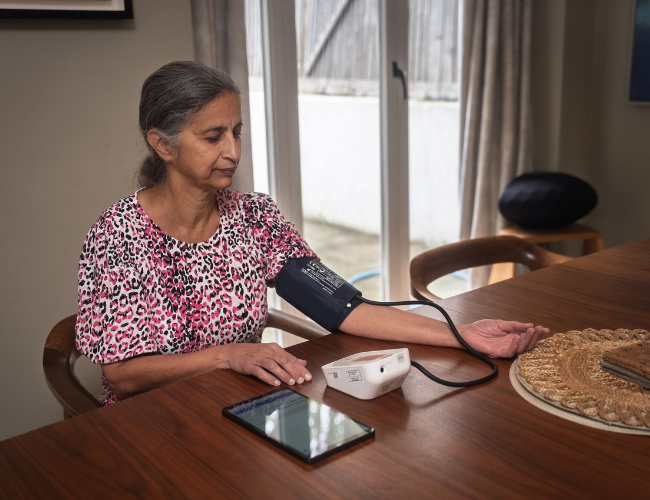The body says these videos also make healthcare staff uncomfortable and anxious, which can undermine treatment.
The SoR argues that clear policies should be in place that prevent patients from photographing or filming clinical procedures without permission.
Ashley d'Aquino, a therapeutic radiographer working in London, told the SoR's Annual Delegates' Conference: ‘I had one patient whose relative started filming while I was trying to set up the treatment. It wasn't the right time – I was trying to focus on delivering the treatment.
‘We had another member of staff who agreed to take photos for a patient. But when the patient handed over her phone, the member of staff saw that the patient had also been covertly recording her, to publish on her cancer blog.
‘As NHS staff, we wear name badges, so our names will be visible in any video. It makes people feel very uncomfortable and anxious.'
However, d'Aquino pointed out that there are valid reasons for patients to record medical conversations.
She said: ‘Patients making audio recordings of consultations, for example, can enhance their understanding and retention of medical information. The difficulty is that our phones have become so much a part of our day-to-day life that recording and sharing our lives has become second nature.'
Dean Rogers, SoR director of industrial strategy and member relations, said: ‘There are hospital trusts that have very good policies around patients taking photos and filming procedures. But this is something all trusts need to have in place. Patients shouldn't be filming in hospitals without staff knowledge and permission.
‘Hospitals need to ensure that they meet the needs of patients, while also looking after staff members' wellbeing. And, in this case, safeguarding the one simultaneously safeguards the other – allowing healthcare professionals to do their job in safety, while also protecting patients' privacy and helping them to receive the best possible care.'



